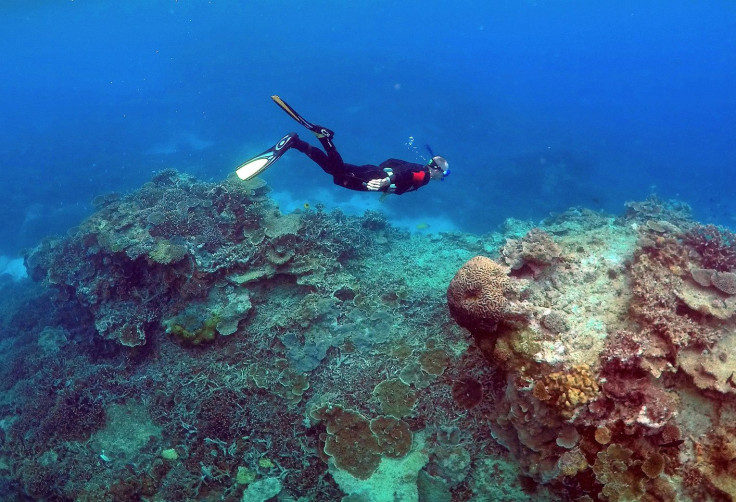Australia’s popular tourist destinations are in the climate firing line: report

Australia’s most famous tourist destinations are at risk due to climate change. The country’s beaches, wildlife, wilderness, national parks and the Great Barrier Reef are all facing threats because of the changes in the Earth's climate, according to a national report.
The Climate Council released its latest report on Thursday, warning that Queensland's top tourist destinations, including its wilderness area and iconic beaches, are under threat. The report titled "Icons at Risk: Climate Change Threatening Australian Tourism" ultimately shows that popular destinations are in the climate firing line, with escalating climate change posing a threat to the country’s natural wonders.
The key findings state that beaches are at risk due to rising sea levels. Sydney, Melbourne, Hobart, Adelaide, Cairns, Darwin and Fremantle are expected to have a least 100x increase in the frequency of coastal flooding events with a 0.5m sea level rise.
By 2030, the Red Centre will likely experience over 100 days above 35ºC annually. There could possibly be over 160 days per year over 35ºC by 2090.
There are also fears that the Top End could see more hot days with temperatures likely to be above 35ºC from 11 (1981-2010 average) to 43 by 2030. It could get worse by up to 265 by 2090.
The report also suggests that climate change increases health risks for visitors. It cites d recent sightings of deadly Irukandji jellyfish.
Aside from environmental concerns, the state's billion-dollar industry is also threatened. Some tourists are projected to respond to beach damage scenarios by opting for other holiday destinations. Based on estimates, it would result to a $56 million loss annually for Sunshine Coast in Queensland and $20 million per year for the Surf Coast in Victoria.
Ecologist Professor Lesley Hughes has noted that over 2.5 million people from around the world visited the state in 2016 alone. The flow of guests had brought in over $5.2 billion dollars.
Hughes expressed concerns about the back-to-back mass coral bleaching of the Great Barrier Reef, saying the events must be a serious warning to federal and Queensland governments. Coral bleaching events were recorded in 2016 and 2017. The reef is still reportedly reeling.
Australian Prime Minister Malcolm Turnbull announced last month a $60 million plan to protect the Great Barrier Reef. The Queensland government is also making a move, allocating $256 million over the next five years to improve the quality of reef water.





















